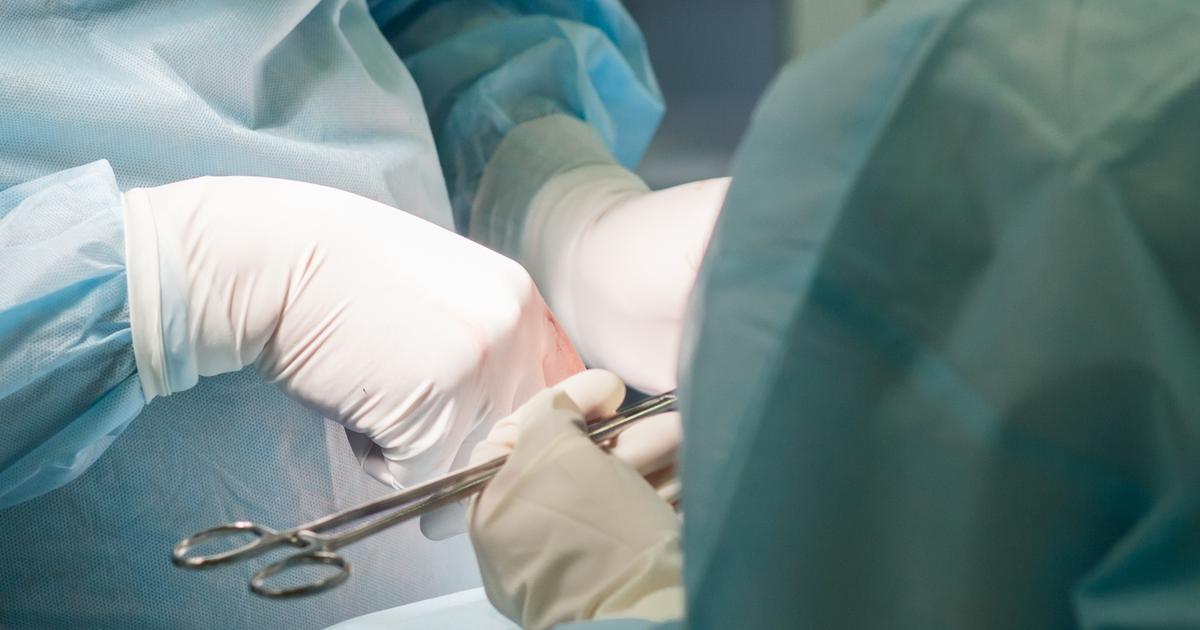Ways To Treat Hyperthyroidism
The endocrine system is a collection of glands that communicate with each other and the rest of the body through hormones. The hormones signal organs and cells, allowing them to begin working on something necessary for bodily functions. While many glands make up the endocrine system, the thyroid gland is an extremely important one. When activated by the thyroid-stimulating hormone, the thyroid gland releases triiodothyronine (T3) and thyroxine (T4), collectively known as thyroid hormone. Thyroid hormone has many functions within the body, including regulating heart rate, body temperature, and even metabolism. In most individuals, the thyroid functions just fine, but sometimes the thyroid releases too much thyroid hormone, leading to hyperthyroidism. Patients with this at first just burn through a lot of energy, but they eventually develop widespread, severe problems. Learn about the various methods of treating hyperthyroidism now.
Antithyroid Medications

Hyperthyroidism is caused by the hypersecretion, or overproduction, of thyroid hormone. In the long-term, hyperthyroidism causes a cascade of terrible things to occur due to the prolonged exposure to thyroid hormone. Endocrinologists have developed what is referred to as antithyroid medication, which is designed to block the production of thyroid hormone so the negative effects of hyperthyroidism are avoided, to control this. The two medications available in the United States are propylthiouracil and methimazole, but they both have essentially the same function. They both have side effects, so a doctor will need to decide which one is likely to work best for each patient. In rare cases, they may cause liver damage or agranulocytosis.
Understand the next option for treating hyperthyroidism now.
Radioactive Iodine

While radioactive iodine may sound incredibly dangerous, it truly is not a very dangerous treatment; in fact, it is the most common treatment for hyperthyroidism. Radioactive iodine is taken as a pill, and it works to destroy the thyroid gland in a process called thyroid ablation. While some patients do not need to continue treatment to total destruction, most do need to completely wither away the thyroid. This treatment will not lead to cancer or infertility, and it is very cost-effective. Most commonly, it will lead to hypothyroidism because it destroys the thyroid, but this is much easier to treat than the alternative. A doctor will provide specific instructions about how to handle the radioactive material so it does not damage the thyroids of friends and family around the patient.
Discover the next treatment method for hyperthyroidism now.
Thyroidectomy

Some patients will opt to undergo surgery to treat their hyperthyroidism. The procedure most commonly used for this problem is a thyroidectomy, or total removal of the thyroid gland. As with iodine treatments, this will cause hypothyroidism, so patients will have to take thyroid hormone replacement for life. The procedure itself is minimally invasive. The surgeon performing it will make a small incision in the neck and pull the thyroid gland out of it. The scar left behind is small and barely noticeable. Patients who worry about a neck scar may also consider seeking a surgeon who can perform a transoral approach. The transoral approach makes the incisions inside the oral cavity, which climates the neck scar. As with any surgery, there are some risks and potential complications, though these are appropriately discussed with the doctors.
Discover more treatments for hyperthyroidism now.
Beta Blockers

As these medications are usually used when treating high blood pressure, beta blockers are often recommended when a patient is first diagnosed with hyperthyroidism. Hyperthyroidism can cause a high heart rate, heart palpitations, and even tremors. High blood pressure often accompanies these symptoms as well. Left untreated, this could cause a series of heart problems. To alleviate these symptoms, an endocrinologist will likely recommend beta blockers at first. They will bring the blood pressure back to a healthy level and counteract the effects of too much thyroid hormone. In most instances, a patient will be left on these medications until the hyperthyroidism is somehow treated. Of course, there are potential side effects, but they are not serious for most patients.
Uncover yet another option for hyperthyroidism treatment now.
Lifestyle Changes

The body and its systems are connected in complex ways, and a change in just one organ can cause problems in a seemingly unrelated area. As such, how an individual lives their life can have an extreme effect on their hyperthyroidism. Some patients will likely need to consider lifestyle changes to relieve and control hyperthyroid symptoms. Dietary changes are often necessary, and patients may find they need to change their diet multiple times throughout treatment to keep up with the changing levels of thyroid hormone. The same principle stands for exercise. Getting a healthy amount of exercise regularly can help individuals feel better in general, and it can help offset potential weight fluctuations as well. Finally, a patient with hyperthyroidism should learn to better control anxiety and stress to reduce the excess stress and anxiety created by hypersecretion of thyroid hormone.